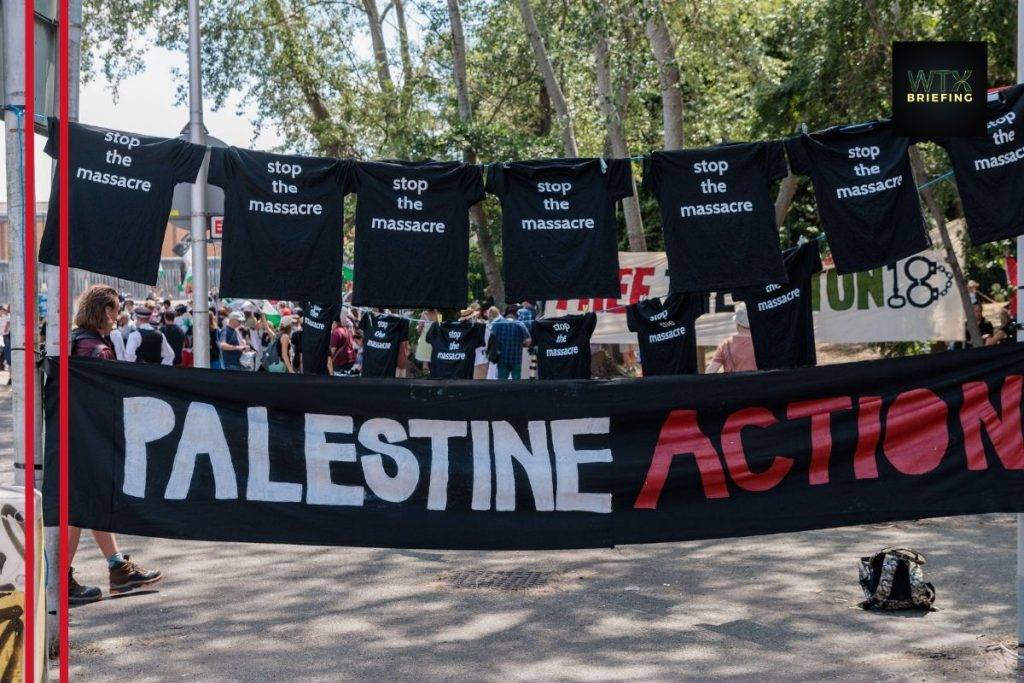UK MPs vote to ban Palestine Action under terror laws after their recent stunt damaged four RAF jets
UK MPs Vote to Ban Palestine Action Under Terror Laws Amid Legal Challenge
What happened
The House of Commons voted 385 to 26 to proscribe Palestine Action as a terrorist organisation under the Terrorism Act 2000. The ban also includes the neo-Nazi Maniacs Murder Cult and the extremist Russian Imperial Movement. The move came after direct-action protests by Palestine Action, including a break-in at RAF Brize Norton and vandalism of military aircraft. Membership or support for the group would carry a penalty of up to 14 years in prison, if the measure is approved by the House of Lords. Palestine Action has formally launched a High Court legal challenge and sought a temporary injunction to block the ban.
Why it matters
This marks the first time a domestic protest group has been labelled a terrorist organisation based on property damage rather than violence against people. Critics say it sets a dangerous precedent that could deter peaceful yet disruptive activism. The move expands the definition of terrorism in UK law, triggering urgent debate about civil liberties, protest rights, and proportionality in counter-terror legislation.
Reaction
Home Secretary Yvette Cooper defended the decision, citing Palestine Action’s “long history of unacceptable criminal damage,” including the RAF Brize Norton incident. Security Minister Dan Jarvis described their tactics as exceeding lawful protest. Meanwhile, figures such as MP Zarah Sultana, Amnesty International, Liberty, UN experts, and other campaigners denounced the move as authoritarian overreach that conflates non-violent dissent with terrorism, potentially chilling legitimate protest.
What next
The draft proscription now goes to the House of Lords, where it is expected to be debated. Palestine Action’s High Court challenge, including a bid for a temporary injunction, will be heard this Friday, with an urgent hearing already held. If the ban is confirmed, members or those supporting the group could face serious criminal liability. A successful legal challenge could overturn the proscription and set judicial limits on using anti-terror law for protest suppression.


